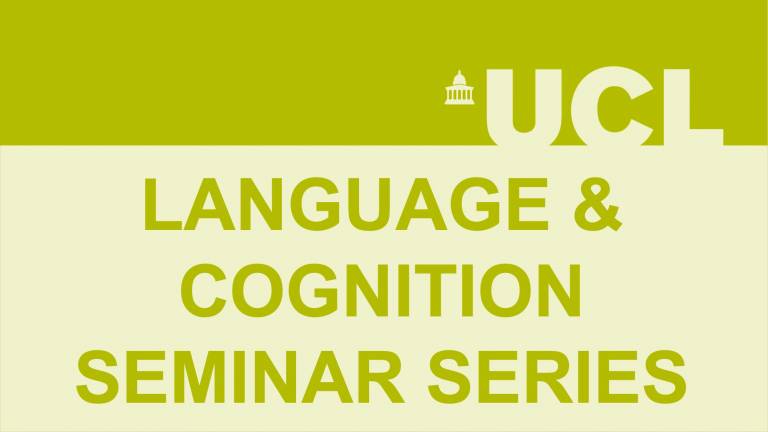Language & Cognition seminar - Dr Holly Joseph
06 April 2022, 1:00 pm–2:00 pm

Wednesday, 6 April 2022. 1-2pm UK time. “Learning new words through reading in children who speak English as an additional language.” Talk held online (please contact the organiser for joining details).
This event is free.
Event Information
Open to
- All
Cost
- Free
Organiser
-
Disa Witkowska – Language & Cognition
Learning new words through reading in children who speak English as an additional language
Children who speak English as an Additional Language (EAL) generally have poorer vocabularies and poorer reading comprehension skill in English than their monolingual peers (e.g. Burgoyne et al., 2009), yet they can also make faster progress in literacy at school (Strand et al., 2015), suggesting that they may employ particular skills or strategies that enable their rapid learning. We also know that the primary source for vocabulary development in later childhood is through reading and most new words are learned through repeated exposure in different contexts (Nation, 2017). While a number of previous studies have examined word learning in bilingual children using explicit learning tasks, incidental learning of novel words through reading has not been studied in EAL children. It is therefore important to examine incidental learning during reading in EAL children to ask whether efficient learning of novel words they encounter as they read may help them to progress rapidly in their schooling.
In this talk I will present two studies in which EAL and monolingual children (age 10—11 years) read a series of sentences containing unfamiliar words and nonwords over repeated training sessions while their eye movements were monitored. The contexts, number of exposures and distribution of exposures was varied. Children were also given offline post-tests to measure their orthographic and semantic learning of the novel words.
Results showed that EAL children demonstrated evidence of more efficient learning (a greater in reduction in reading times over the course of exposure, and greater sensitivity to context (a larger difference in reading times on words encountered in neutral versus informative contexts) than their monolingual peers. However, this apparent efficiency was not reflected in their performance in the (offline) post-tests, where they either did not differ, or performed more poorly, than their monolingual peers.
EAL children’s relatively rapid incidental vocabulary learning under tightly controlled conditions may be due to their experience in learning new words with fewer encounters (by virtue of using each language only part of the time) and their experience encountering words in more diverse contexts (i.e. language environments). They may also just have more room for reducing their reading times, being slower readers in general.
About the Speaker
Dr Holly Joseph
at Institute of Education, University of Reading
More about Dr Holly Joseph Close
Close

